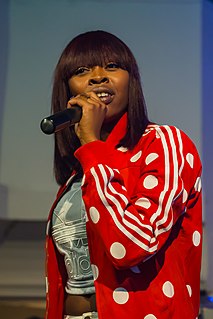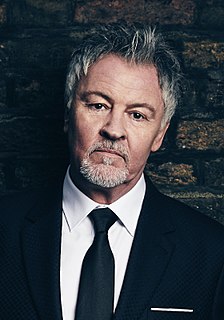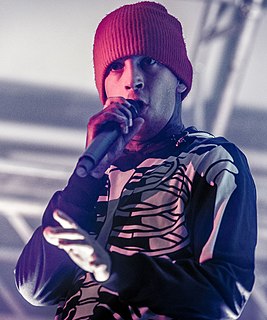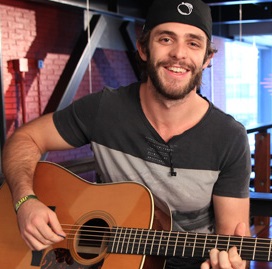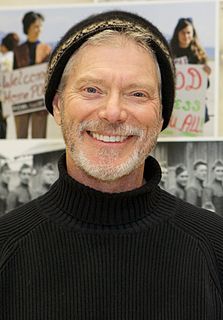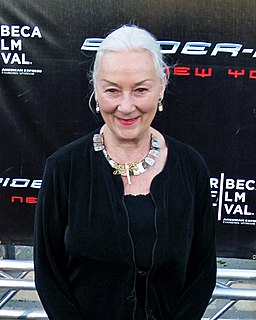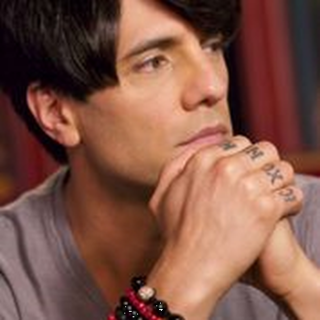A Quote by Mj Rodriguez
When I was little, all I could think about was just being on some kind of stage, whether it be on a live stage, whether it be on a set stage.
Related Quotes
Whether it's animated, whether it's live-action, whether it's Broadway, whether it's television, a musical is a musical is a musical. So, pretty much you approach the songs in pretty much the same way. The difference might be that in a film you have a close up. On stage you don't. So there are more songs on the stage because the songs are kind of the close up.
I got on stage and I went, "Oh wow. No stage fright." I couldn't do public speaking, and I couldn't play the piano in front of people, but I could act. I found that being on stage, I felt, "This is home." I felt an immediate right thing, and the exchange between the audience and the actors on stage was so fulfilling. I just went, "That is the conversation I want to have."
When you think Tink, you should just think of me as that around-the-way girl - relatable and honest. Even in my lifestyle, my entire aura is real. I don't sugarcoat anything, whether I'm on stage or home in Chicago or just behind the scenes just chilling. I'm the same person you see on stage, always.
Normally classical music is set up so you have professionals on a stage and a bunch of audience - it's us versus them. You spend your entire time as an audience member looking at the back of the conductor so you're already aware of a certain kind of hierarchy when you are there: there are people who can do it, who are on stage, and you aren't on stage so you can't do it. There's also a conductor who is telling the people who are onstage exactly what to do and when to do it and so you know that person is more important than the people on stage.
On some level acting is the art of pretend and you have to have a highly cultivated sense of imagination. You have to be able to see things that aren't there no matter what aspect of acting, whether it's green screen, whether it's on stage, whether it's anything else, whether you're working on the radio.
On some level, acting is the art of pretend, and you have to have a highly cultivated sense of imagination. You have to be able to see things that aren't there, no matter what aspect of acting, whether it's green screen, whether it's on stage, whether it's anything else, whether you're working on the radio.
I think nervousness - a heightened sense of nerves and attention is a very healthy thing for a performer. It is an artificial environment that you are going into whether it's concert or recital, or stage. When I know something so well, I've done it so often, and you kind of walk out for Tuesday night's performance, or you feel like that, that makes me more nervous then being geared up. A little bit like race horses. In the same way that the horses are always difficult to get into that lineup, the worst time of my life is the 10 or 15 minutes before I go on stage.




